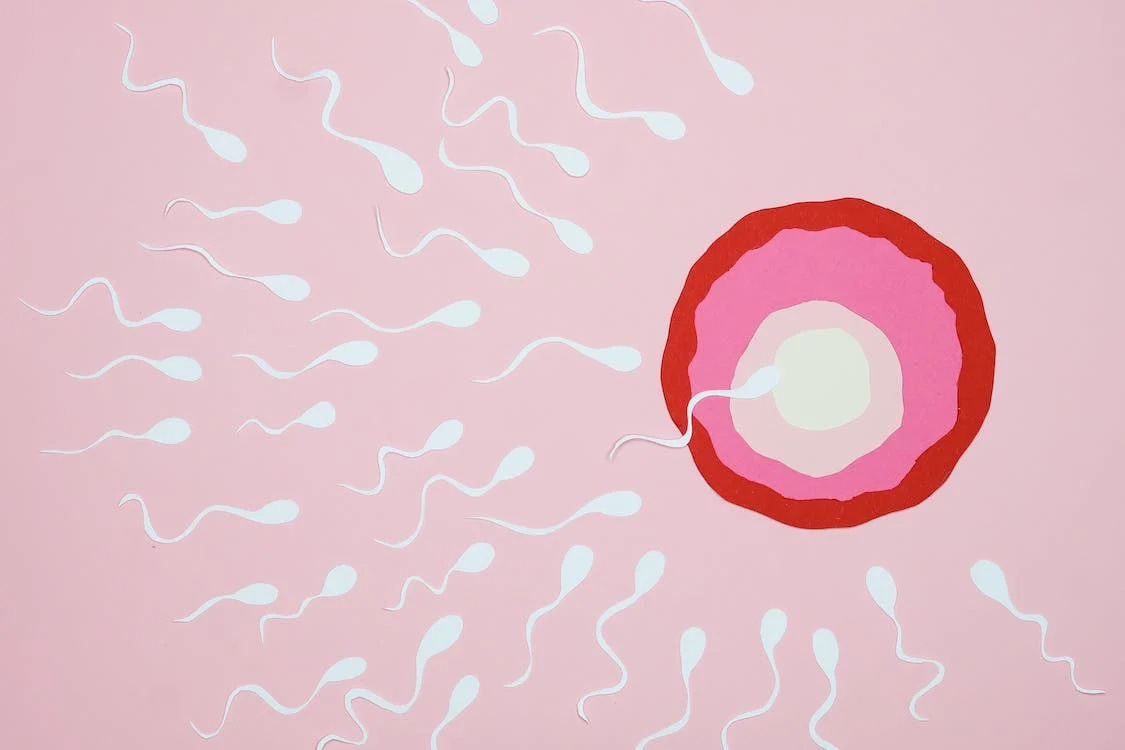A 15-day abortion ban? Seriously?
New Hampshire bill would ban abortion at "15 days.”
“This bill prohibits abortion, other than for a medical emergency, if the gestational age of the fetus is more than 15 days.” Dumbfounded, I read this sentence five times over.
15 days?
15 days??
15 DAYS???
SERIOUSLY?
My eyes weren’t playing tricks on me. I wasn’t hallucinating. HB 1248-FN, filed in the New Hampshire legislature for the 2024 legislative session, would ban abortion “if the gestational age of the fetus is more than 15 days.” In other words, it would ban abortion before a person is even pregnant.
The ignorance of the bill’s sponsors is on full display in their use of the term fetus. “The fetal stage of development begins around the ninth week (gestational age/LMP)... This is when the embryo officially turns into a fetus.” [1] There is no such thing as a 15 day gestational age fetus. There isn’t even an embryo at 15 days…
“Gestational age is the common term used during pregnancy to describe how far along the pregnancy is. It is measured in weeks, from the first day of the woman's last menstrual cycle (LMP) to the current date.” [2] “In an average 28-day menstrual cycle, ovulation typically occurs about 14 days before the start of the next menstrual period,” which is approximately the 15th day of a person's menstrual cycle (the 15th day after the start of a person's period). [3] (Note: “Each person's cycle length may be different, and the time between ovulation and the start of the next menstrual period may vary.” [4])
It is evident that the bill’s sponsors - working from the assumption that fertilization will occur at the approximate time of ovulation on the 15th day of a person's cycle - are attempting to ban abortion at fertilization. But “fertilization is not instantaneous. Nearly 48 hours pass from the time sperm first bind to the outside of the zona pellucida, the human eggshell, until the first cell division of the fertilized egg.” [5] Additionally, as I noted in a recent newsletter, 'fertilization ‘isn't a clean indicator of anything,’ because ‘there’s an incredibly high rate of fertilized eggs that don’t implant.’ In fact, 50-80% of fertilized eggs will never implant into the uterine wall, because they ‘never begin dividing’ and are thus incapable of implantation.” Hence, pregnancy begins only once implantation occurs, a process that is not completed until day 9 or 10 post-fertilization.
I don’t know enough about New Hampshire politics to ascertain whether HB 1248-FN has any chance of passing. However, the extremity of the bill could serve to move the Overton Window. “The Overton window is a political science concept that represents the range of ideas the public is willing to consider and accept. In short it dictates what is politically acceptable and therefore possible at a given moment.” [6]
An article at The Nation, published yesterday, shows how the anti-abortion movement benefits from moving the Overton Window through the introduction of extreme bills:
To recap, the two leading anti-abortion strategies in Ohio now that the state’s voters have adopted a state constitutional right to abortion, are a plan to revive a 19th-century anti-vice law and a plan to decree that only state legislatures can make laws about and regulate abortion.
“This is a next-generation version of the evergreen battle between incrementalists and absolutists in the abortion fight,” Mary Ziegler, abortion historian and law professor at University of California Davis told me. “If Mark and Mitchell are playing the roles of the pragmatists, they’re still trying to revive a sexual purity law from the 19th century that has no exceptions and would also potentially authorize the punishment of women.”
This age-old dynamic has often benefited the anti-abortion movement because it tends to make incremental bans look reasonable. In Ohio, when Janet Porter first launched her six-week ban in 2011 with a music video and heart balloons, everyone saw the idea as fringe. (Jonathan Mitchell later tweaked the bill, adding a private civil enforcement mechanism that allowed it to evade constitutional review and take effect in Texas in 2021.) In 2016, Ohio Republican Governor John Kasich vetoed Porter’s bill and signed a 20-week ban, which made him look downright moderate only because Porter’s bill was there for comparison. Now, Porter is providing a similar service to Dickson and Mitchell in Ohio, making their Comstock strategy seem like a sound way to, you know, override the results of a democratic election.
Regardless of the ultimate fate of HB 1248-FN, the political maneuvering of those opposed to reproductive freedom in New Hampshire will be something to watch.
CItations
[1] professional, C. C. medical. (n.d.). Fetal development: Week-by-week stages of pregnancy. Cleveland Clinic. https://my.clevelandclinic.org/health/articles/7247-fetal-development-stages-of-growth
[2] Kaneshiro, N. K. (2021, December 10). Gestational age: Medlineplus medical encyclopedia. MedlinePlus. https://medlineplus.gov/ency/article/002367.htm#:~:text=Gestational%20age%20is%20the%20common,37%20weeks%20are%20considered%20premature
[3] Marnach, M. (2022, December 7). Signs you’re ovulating (besides taking a test). Mayo Clinic. https://www.mayoclinic.org/healthy-lifestyle/getting-pregnant/expert-answers/ovulation-signs/faq-20058000#:~:text=In%20an%20average%2028%2Dday,next%20menstrual%20period%20may%20vary
[4] Ibid. 3
[5] Paulson, R. (2017, October 31). Why life doesn’t begin at conception - times union. Times Union. https://www.timesunion.com/opinion/article/Why-life-doesn-t-begin-at-conception-12320582.php
[6] Moving the Overton window - the lancet planetary health. The Lancet Planetary Health. (n.d.). https://www.thelancet.com/journals/lanplh/article/PIIS2542-5196(21)00293-X/fulltext


